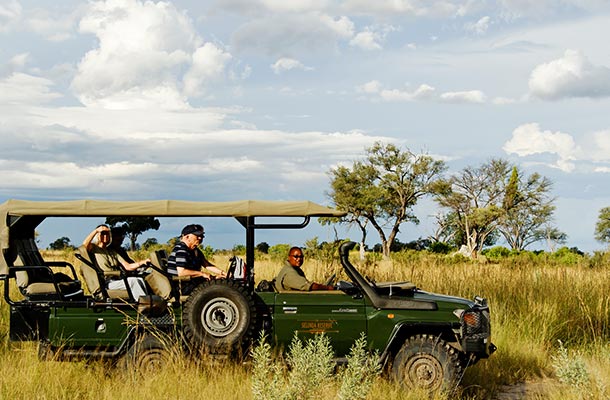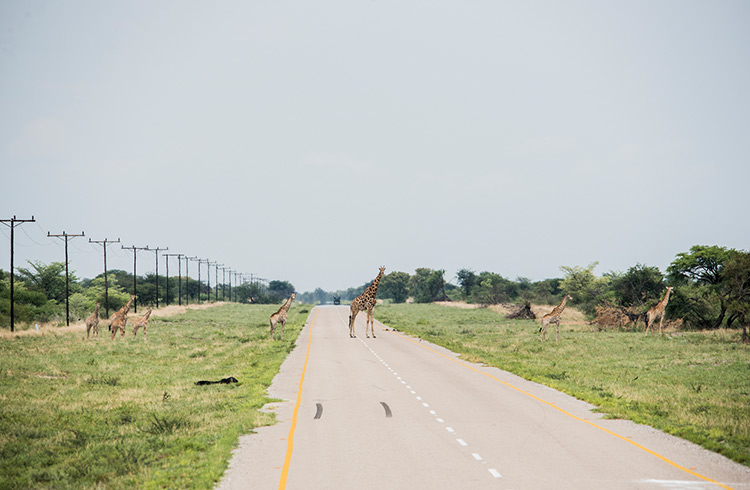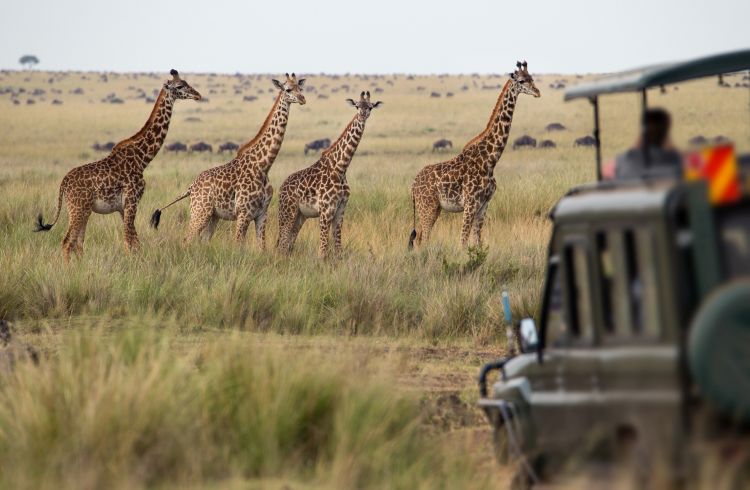Travel Botswana: Too Limited to the Rich and Famous?
Botswana is an Africa success story in many respects. In a continent littered with political turmoil, corruption, famine, and disease, Botswana has emerged as a diamond in the ruff.
 Photo © iStock/brytta
Photo © iStock/brytta
It's diamonds that have brought stability, infrastructure, government services, and capital to
After diamonds, tourism is Botswana's ticket to prolonged success, and the country has taken a very proactive approach to
While the conservation-focused luxury travel model certainly has its advantages, it also brings up an important debate – should access to the world's most amazing places be limited only to those with deep pockets? On one hand, this type of travel has its benefits for the environment and the economy; on the other hand, restricting access to those with extensive financial resources prevents most of the local population from experiencing their own backyard.
Let's look at a few of the pros and cons of Botswana's tourism strategy.
Pros
Controlling Environmental Impacts
Focusing on low-volume visitation means fewer negative environmental impacts on the sensitive African bush and wildlife (fewer people, fewer jeeps, less water, less fuel, less waste, etc).
Revenue for Conservation
High taxes, fees, and levies are charged from luxury travelers, which are put towards further conservation efforts.
Super Eco
Luxury travel providers have the financial means to invest in cutting-edge eco and sustainable tourism projects. Some of the world's leading eco-lodges can be found in the Botswana bush.
Efficient Conservation
With only a handful of operators, less money is spent on monitoring and oversight, directing more money towards other important conservation initiatives.
Cons:
No Access for the Masses
Nature is meant to be shared by all, and everyone should have the opportunity to experience the African bush. First and foremost, the people of Botswana should have reasonably-priced access to their own natural wonders.
Conservation Opportunities Lost
If locals don't have the opportunity to enjoy the bush, how can they be expected to fight for its protection?
Fewer Jobs
Low-volume tourism means fewer employment opportunities for the people living near the parks and reserves.
What do you think?
Should the government restrict access to help curb environmental impacts? Or should conservation sacrifices be made in the name of making nature accessible to all? In Botswana's case, it's a complicated issue with many additional factors to consider. Whether you agree with the country's approach or not, one thing is for sure – Botswana's nature reserves and wildlife are worth a visit... if you can afford it.
Related articles
Simple and flexible travel insurance
You can buy at home or while traveling, and claim online from anywhere in the world. With 150+ adventure activities covered and 24/7 emergency assistance.
Get a quote

No Comments